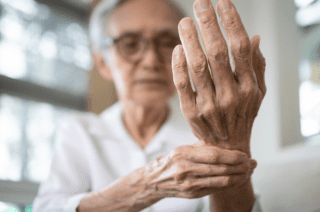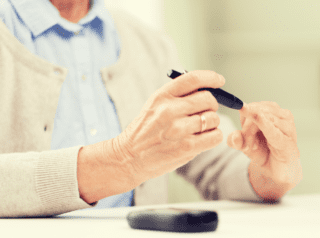Combating Photoaging in Older Adults: Six Essential Tips for Youthful Skin
As we age, managing photoaging caused by UV radiation is crucial for maintaining skin health. Tips include using broad-spectrum sunscreen daily, incorporating antioxidant creams and serums to combat UV damage, utilizing retinoids for skin renewal, maintaining hydration, avoiding tanning beds, and scheduling regular dermatological check-ups. These strategies help minimize the effects of UV radiation, reduce aging signs, and promote overall skin health in old age.










